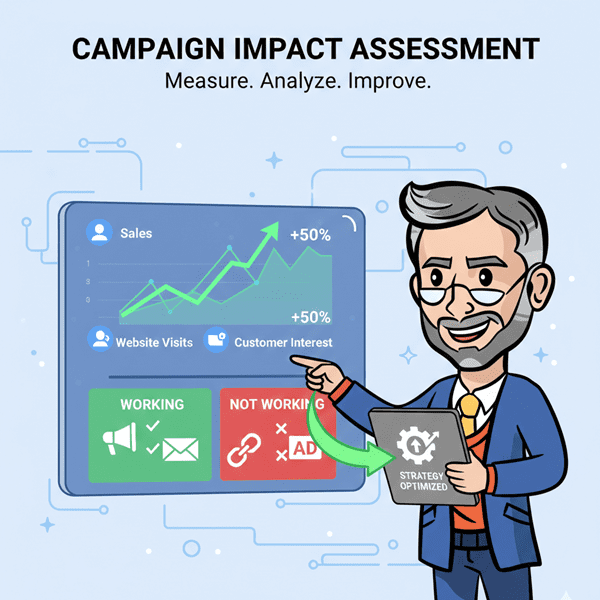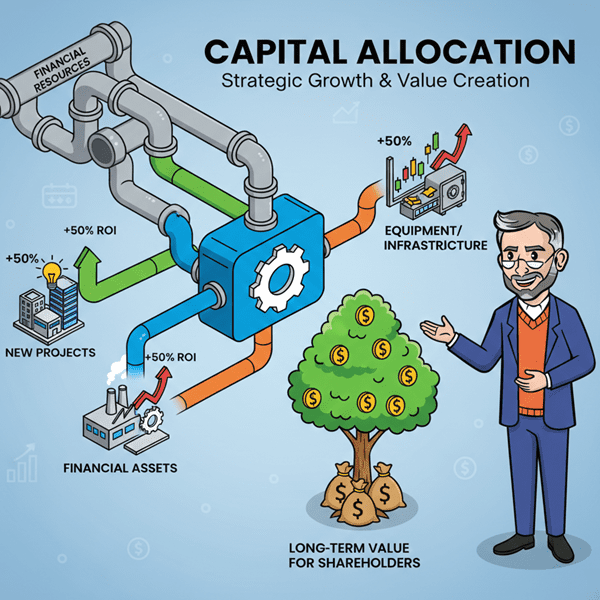Definition: The structured plan a business uses to create, manage, and distribute content that supports its goals and engages its target audience. It defines what content to produce, who it’s for, how it will be delivered, and how success will be measured. A strong strategy ensures consistency, relevance, and impact across blogs, social media, email, video, and more.
Use it in a Sentence: The marketing team built a content strategy to drive organic traffic, improve engagement, and support lead generation goals.
Why Content Strategy is Important
1. Provides Clear Direction

A strategy ensures every piece of content serves a purpose and aligns with business goals.
2. Strengthens Brand Voice
Consistency across channels builds trust and reinforces brand identity.
3. Improves Audience Engagement
By focusing on what customers want, a strategy ensures content resonates and performs better.
4. Maximises ROI
Planning ahead reduces wasted effort and ensures content investments deliver measurable results.
From Random Posts to Purposeful Planning
A strategy transforms content from ad hoc publishing into a powerful business asset that drives awareness, leads, and customer loyalty.
More Definitions
- Brand Engagement: The level of interaction and emotional connection customers have with a brand.
- Campaign Optimization: The process of adjusting campaigns to improve performance and results.
- Campaign Lifecycle: The stages a marketing campaign goes through from planning to execution and analysis.
- Content Calendar: A schedule that outlines when and where content will be published.
- Content Aggregation: Collecting and sharing content from multiple sources in one place.
Useful Posts
Funnel Building Skills for Sales and Marketing Teams: The ability to create and optimise funnels that guide prospects smoothly from awareness to conversion.























